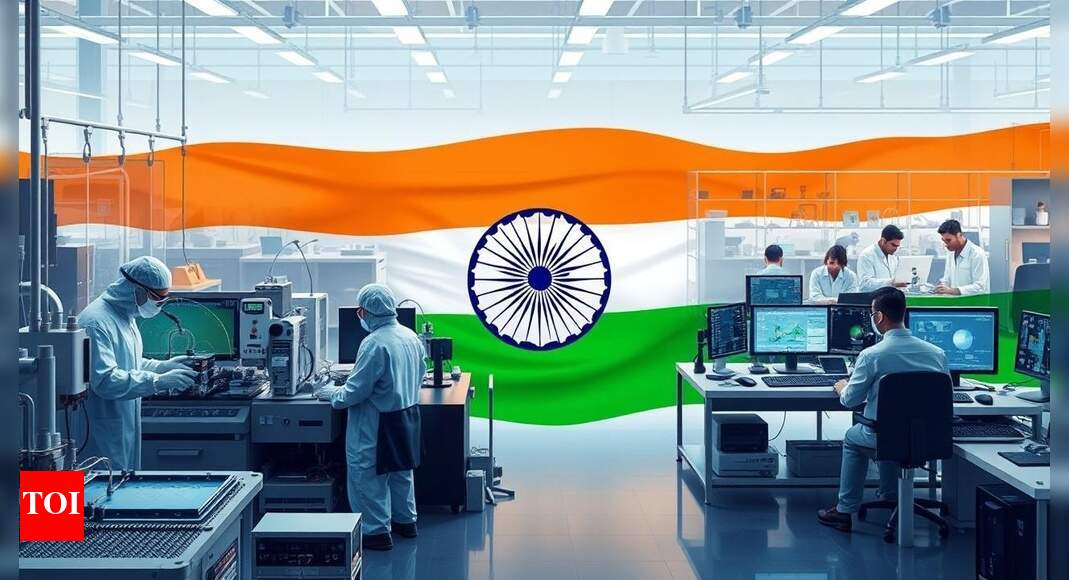
India is undergoing a major transformation in its semiconductor journey, rapidly building capabilities to become a critical player in the global chip value chain. The push is backed by significant policy support, large-scale investments, and a growing pool of skilled engineers, as per news agency ANI.Semiconductors, essential to devices ranging from smartphones and televisions to satellites, form the backbone of modern digital technologies. With the global chip market projected to cross $1 trillion by 2030, India is working to shift from being an import-dependent economy to becoming a trusted manufacturing and design partner globally, according to PIB.At the centre of this transformation is the India Semiconductor Mission (ISM), launched in December 2021 with a budget of Rs 76,000 crore. It is aimed at supporting manufacturing, assembly, testing, packaging, and design of semiconductor chips, while also encouraging R&D and industry-academia collaboration.According to industry data, India’s semiconductor market was valued at around $38 billion in 2023 and is expected to reach $100–110 billion by 2030. This anticipated growth is being powered by multiple government schemes. The Semiconductor Fabs Scheme, for instance, offers up to 50% financial support for fabrication units. There are also specific schemes for display fabs, packaging (ATMP/OSAT), and startups under the Design Linked Incentive (DLI) scheme.So far, six major projects have received approval under these schemes. These include large-scale investments from Tata Group, Micron Technology, CG Power, Kaynes Semicon, and an HCL-Foxconn venture. Together, these plants will produce millions of chips and wafers each month to meet both domestic and global demand.India is also making progress in chip design. New 3-nanometre chip design centres in Noida and Bengaluru mark a leap in innovation. Under the DLI scheme, 22 startups have already received Rs 234 crore in support, focusing on chips for mobile networks, smart electronics, surveillance systems, and automotive use.Skill development is another priority. Over 85,000 engineers are being trained in advanced manufacturing and chip design, with more than 44,000 already certified under NIELIT Calicut’s SMART Lab programme. Partnerships with institutions such as Purdue University and global firms like IBM and Lam Research are helping align local talent with global standards.India’s growing semiconductor ambitions are showcased through the annual SEMICON India summit, organised in partnership with SEMI. The 2025 edition, scheduled for September 2–4 at Yashobhoomi in New Delhi, will feature 300+ exhibitors from 18 countries, including dedicated country pavilions.The Covid-19 pandemic and geopolitical tensions such as the Ukraine war have highlighted the risks of relying on a few nations for global chip supplies. In this context, India’s local manufacturing drive is a strategic move aimed at national security and supply chain resilience.With a vast pool of engineers and a strong MSME base supporting electronics manufacturing, India is positioning itself to contribute to the full semiconductor lifecycle—from raw material processing to advanced chip design.As approved projects go live and fresh investments are announced, India’s transition from chip dependence to chip leadership appears well underway. “From dependence to dominance, the chip revolution is real and it’s happening right here, right now in Bharat”, PIB noted.







